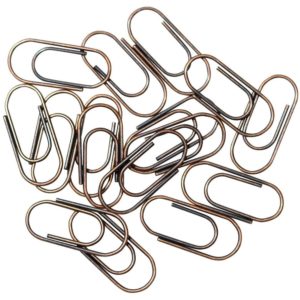Making Stuff Up by KW George
 Big Issue Fiction Edition 2019
Big Issue Fiction Edition 2019
It’s one of the tropes of fiction writers to write a story about writing a story. This can be done in a metafictional way where the author/narrator steps out of the narrative to show themselves writing it or, as here, it can be a story about a writer trying to write.
George begins her story with her first-person narrator, chatting online with her writing group about an American author, FJ Aden who is in the news because he’s made up things about his own life which aren’t true (this seems to be based on AJ Finn’s confessions). The group discuss whether this matters, and whether or not they’d read this author’s works after the scandal. Our narrator muses that the writing group is supposed to be about their own writing and that it often descends into gossip and chat.
She’s spent so long online that she’s late for making dinner (her husband works in an office all day). There is a slight tension between them because, they are supposed to have given up alcohol for the month and the husband wants a beer. He takes off to get some low alcohol beer from the supermarket and she wanders into her study where she’s hidden a bottle of wine.
For the rest of the night she muses about Aden, who she’d originally defended, saying what’s the difference between making things up in fiction to sell and making things up about your real life? Now she thinks, what does he really know when he described his mother supposedly dying from cancer? Our narrator, it transpires, has experienced chemotherapy and had a mastectomy.
In the morning, she tries to open up a document of the writing she’d done the day before but there’s only a blank page – she’s convinced herself she had actually started on the story she’s trying to write. Here we get a metafictional bit when she recounts to us the idea she has for this story. A man, a bit like her husband, is interested in a woman at the office who he meets in the lift: she’s well-dressed but wearing a necklace of paperclips. His wife, at home, notices ‘he misses her mouth when he bends down to kiss her hello when he gets home from work’.
Then our narrator’s mother rings, breaking into her thoughts, and tells her about a yeti documentary she’s watched – supposedly factual, but of course it must be ‘made up’ to some extent. In the last paragraph our narrator says, now she knows how to end her story – ‘My Lara character needs to have a Mum … who confirms it’s bizarre to … find … a handful of paperclips in your husband’s suit pocket …’
‘Making Stuff Up’ is the type of story that relies on the voice to carry it and George’s narrator is an engaging one. I like that it is a story about writing a story and the extent to which a writer can mine their own life for material. The narrator can identify with Aden because (as we find out in the last para) she is using something personal to ‘make up’ something that might hurt her husband, while at the same time lying about her drinking (which is another type of ‘making something up’). I wasn’t quite convinced about the intervention of the mother and why her mother’s swallowing of the yeti story should convince the narrator about the validity of the paperclip/affair aspect to her story.
Nevertheless, this is an enjoyable short story, covering some interesting ideas with a light touch.

